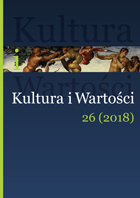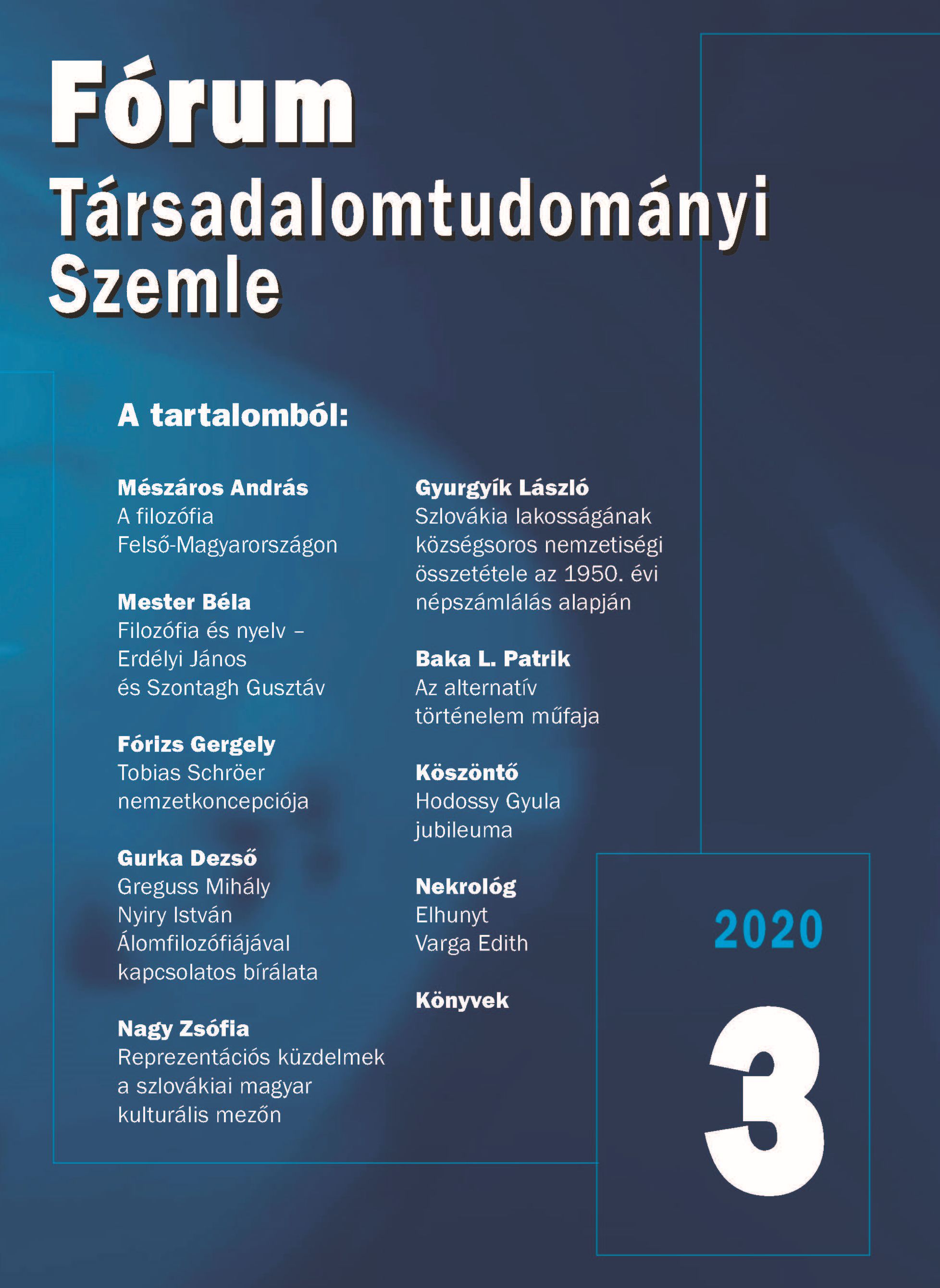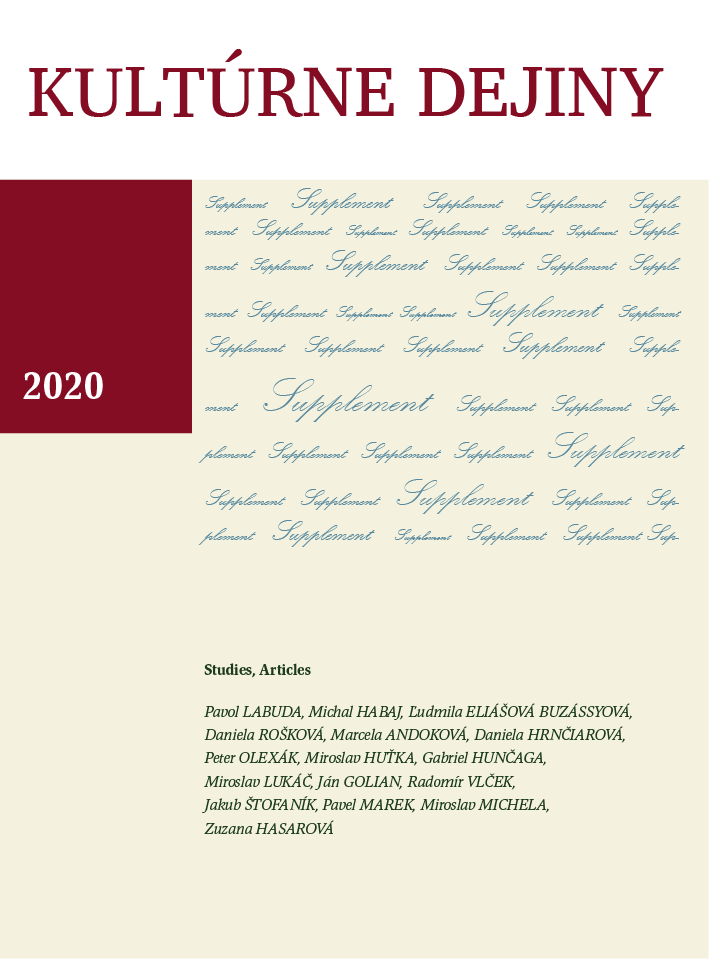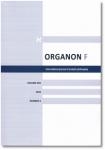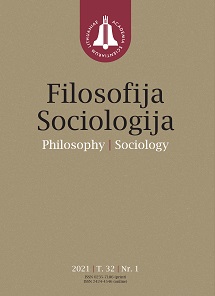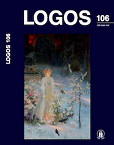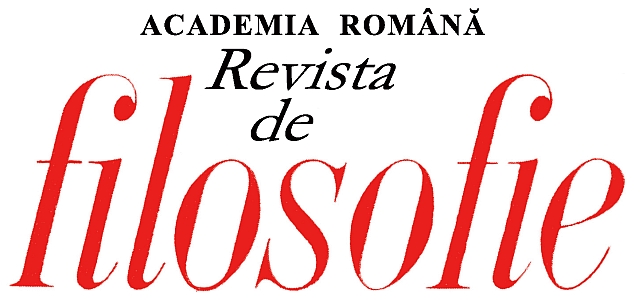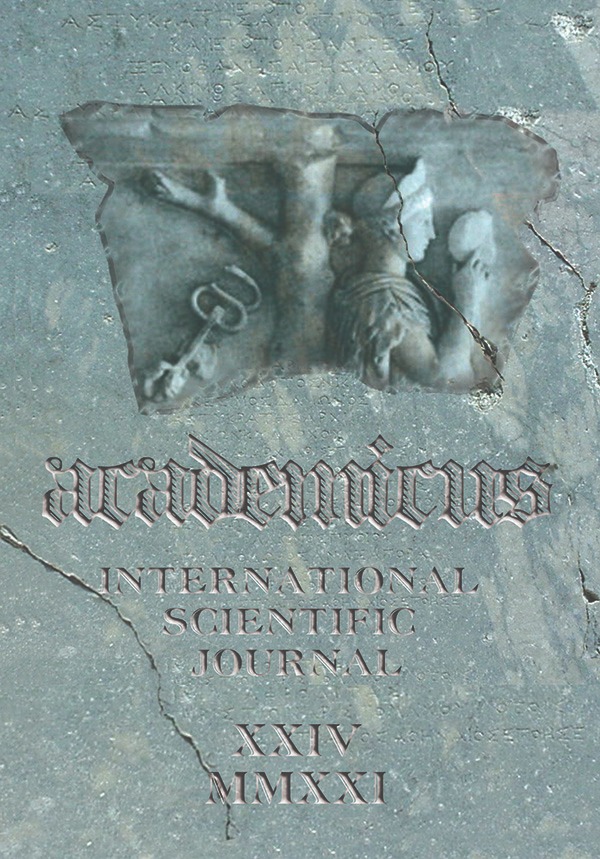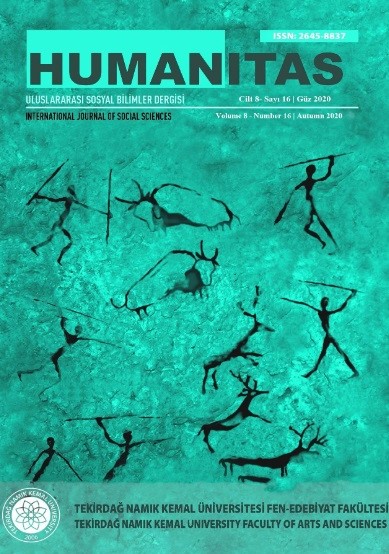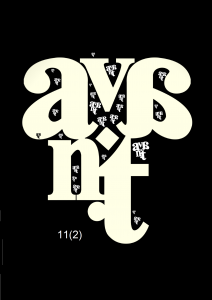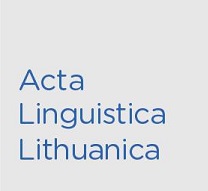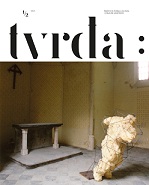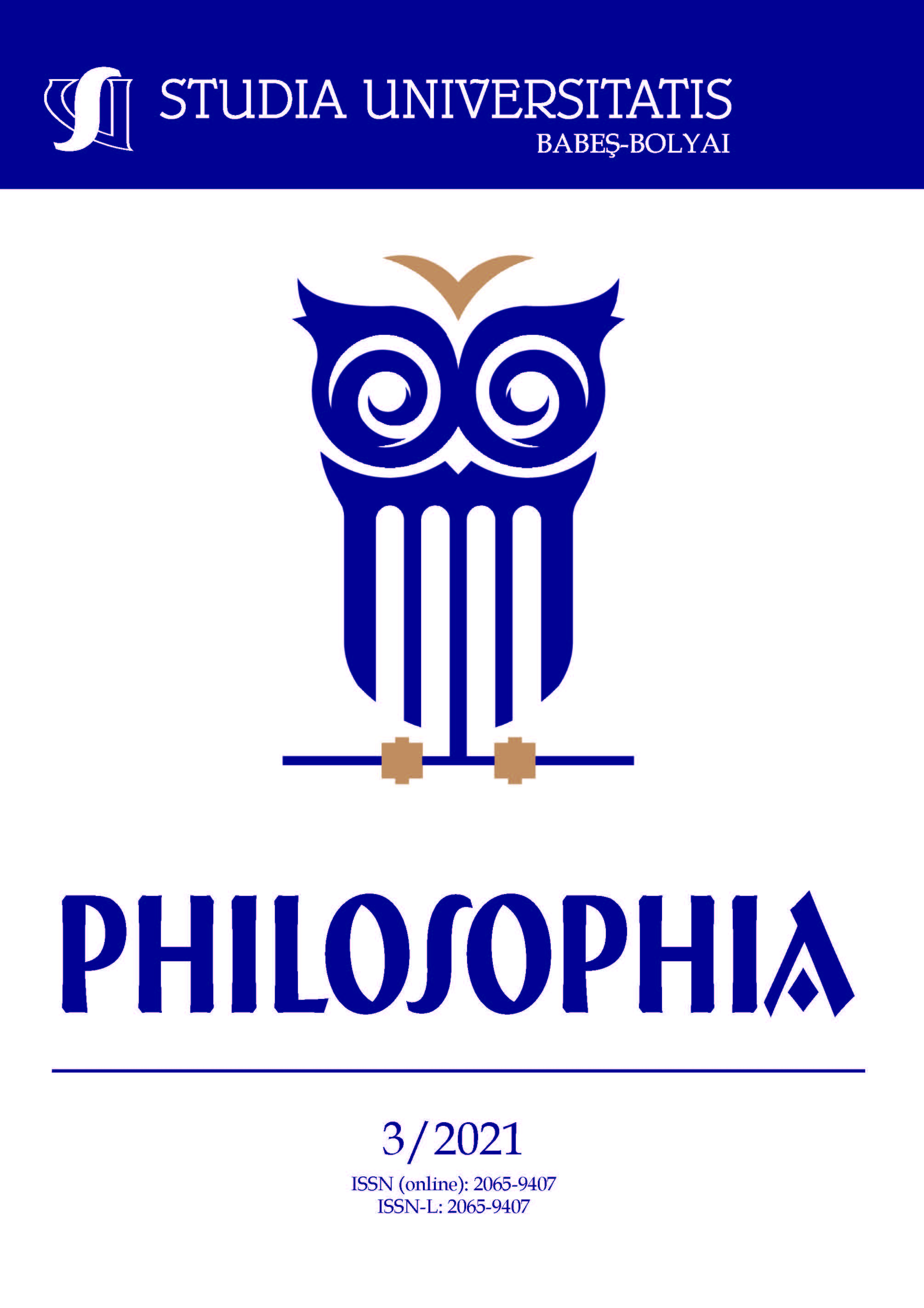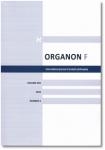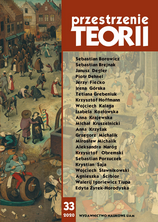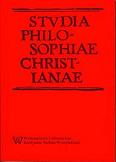
‘Ought’, ownership and agentive ought: Remarks on the semantic meaning of ‘indexed ought’
Bernard Williams in his essay “Ought and moral obligation” (OMO) takes a stand on the proper logical interpretation of ‘ought’ sentences. He claims that ought being central to ethical reflection, that is, ought issuing personal requirements to agents, is to be interpreted like any ordinary ‘ought’ – as a propositional operator that is not indexed to a person. The driving idea behind Williams’s logical point about ‘ought’ seems to be that logical interpretation of ‘ought’ sentences with moral content in terms of indexed ought lacks semantic significance. John Broome disagrees. In a series of his recent writings devoted to an analysis of the notion of normative ought, he defends the view opposite to the one fostered by Williams. According to Broome, indexation of ‘ought’ to agent matters for extra-logical reasons; it is a way of exhibiting that ought has its normative owner, which in turn is important for determining the holder of responsibility for the ought in question. In the paper I argue that Broome may be right, but his arguments do not show that fact. In particular, I claim that he is wrong in thinking that indexation in terms of ownership is useful in the analysis of ‘ought’ sentences with agentive content, and thus nicely applies to moral ought being a paradigmatic example of such sentences. According to my diagnosis, Broome’s positive view about the semantic and ethical significance of interpreting agentive ought as indexed ought, suffers from one central problem. It alludes to an unsuccessful substantive semantics of ‘indexed ought’ that fails to give an accurate explanation of the meaning of the ought in question. I conclude the paper by offering an alternative to Broome’s substantive semantics of ‘indexed ought’, and explain why I think that it fares better in capturing the nature of the agentive ought.
More...
